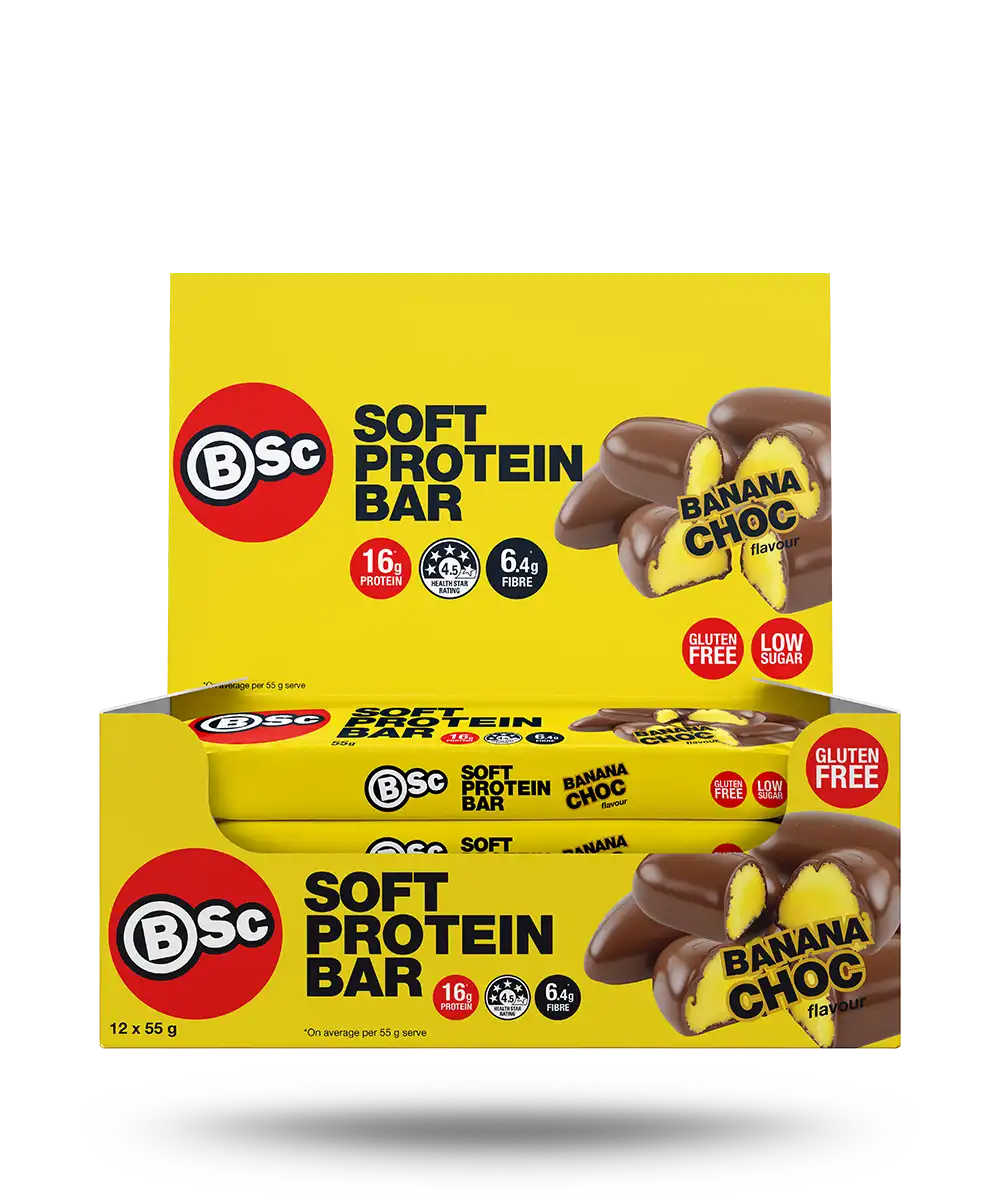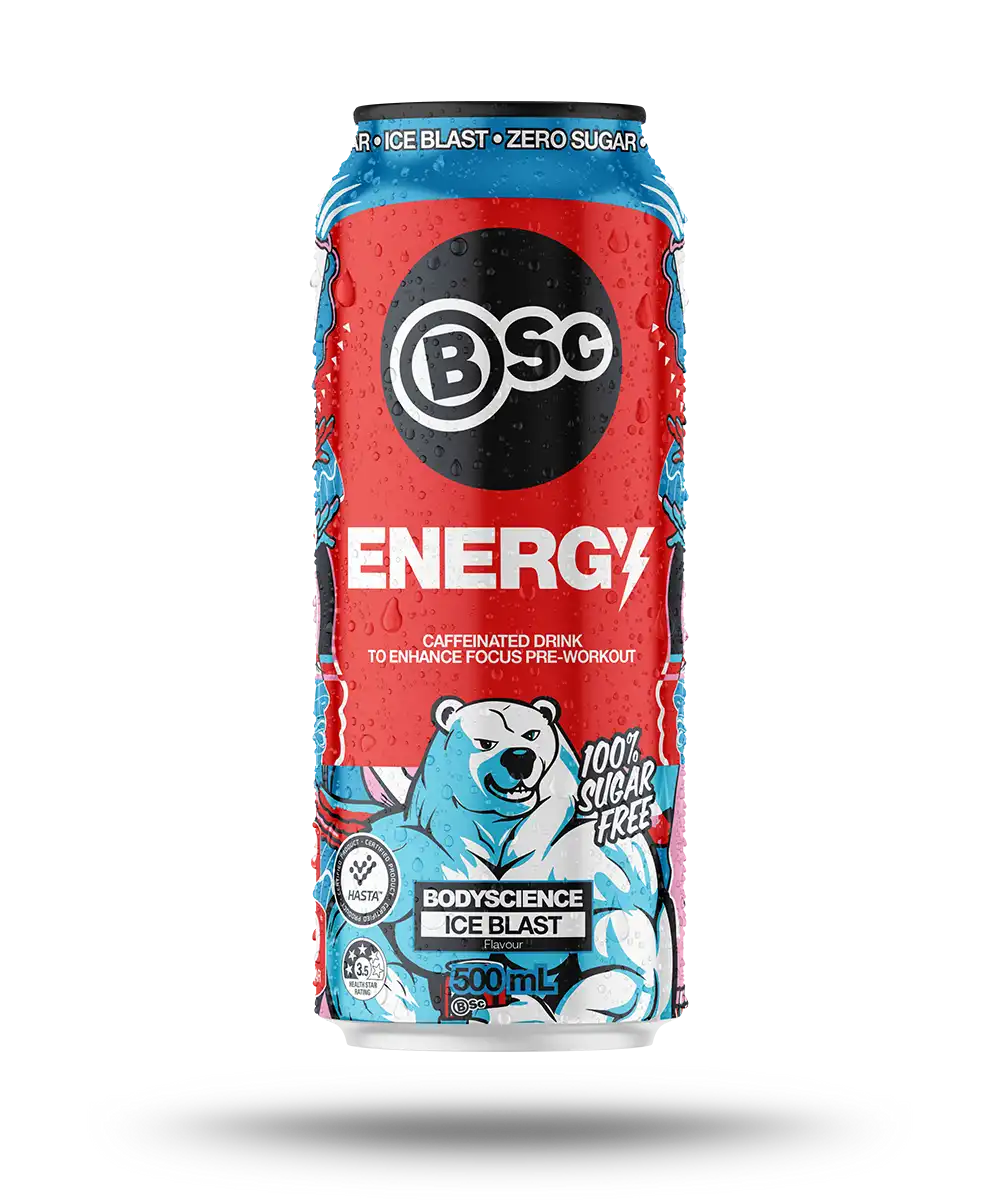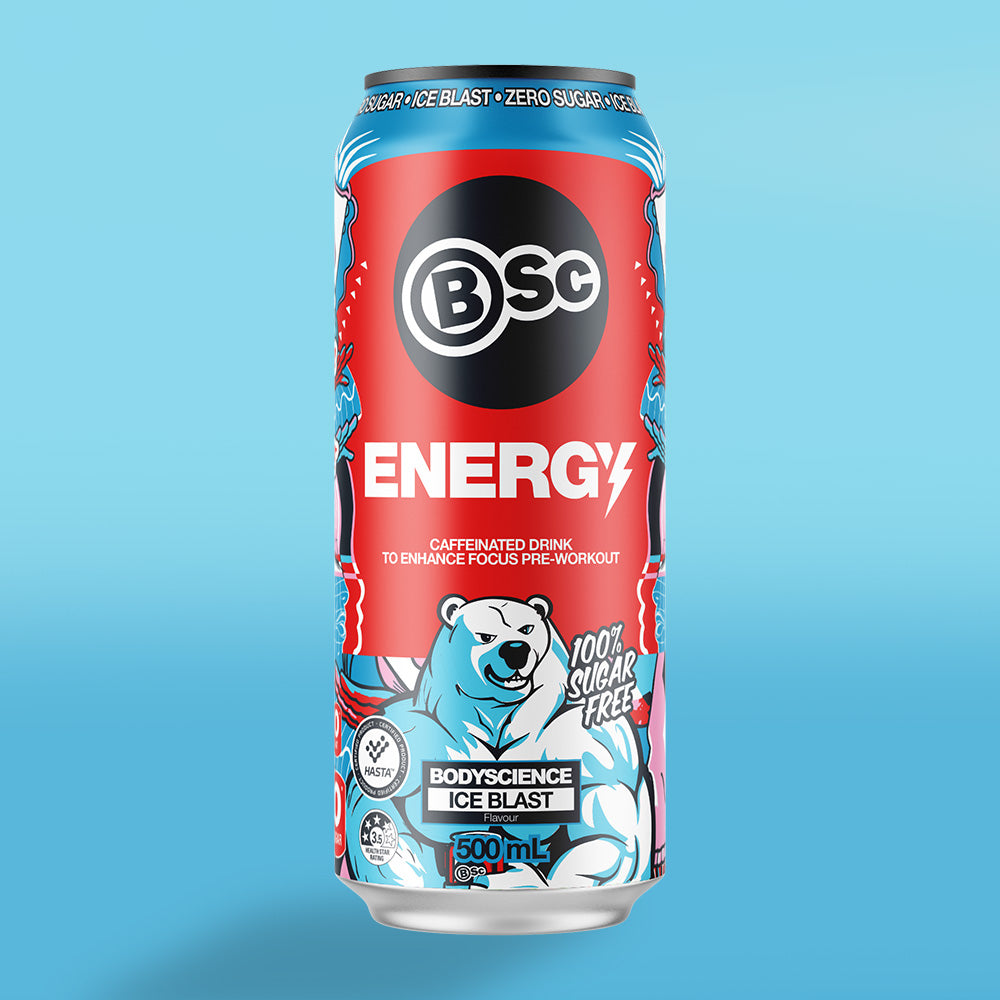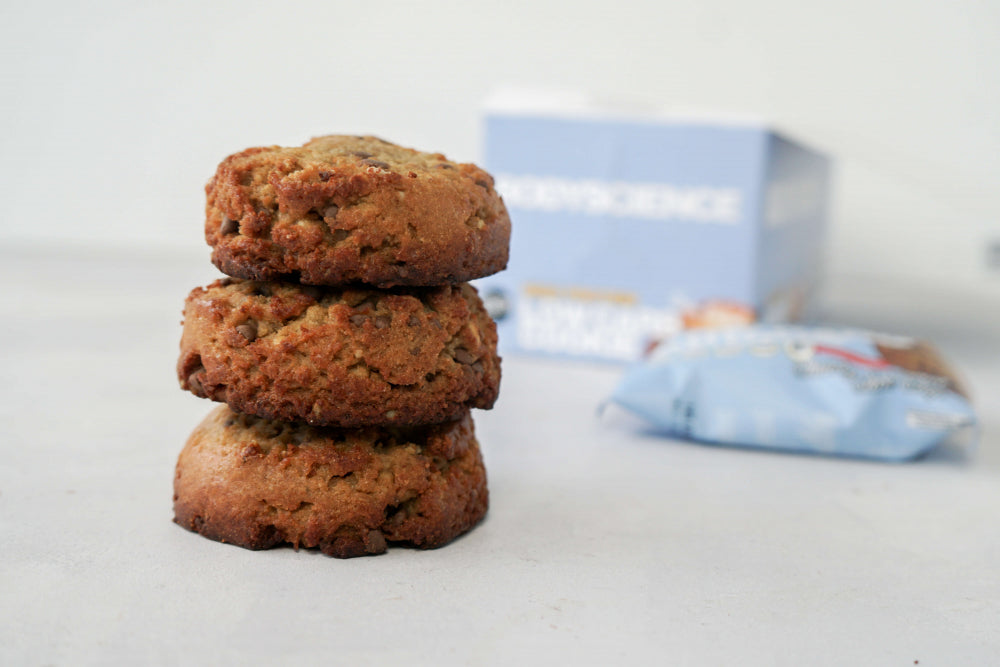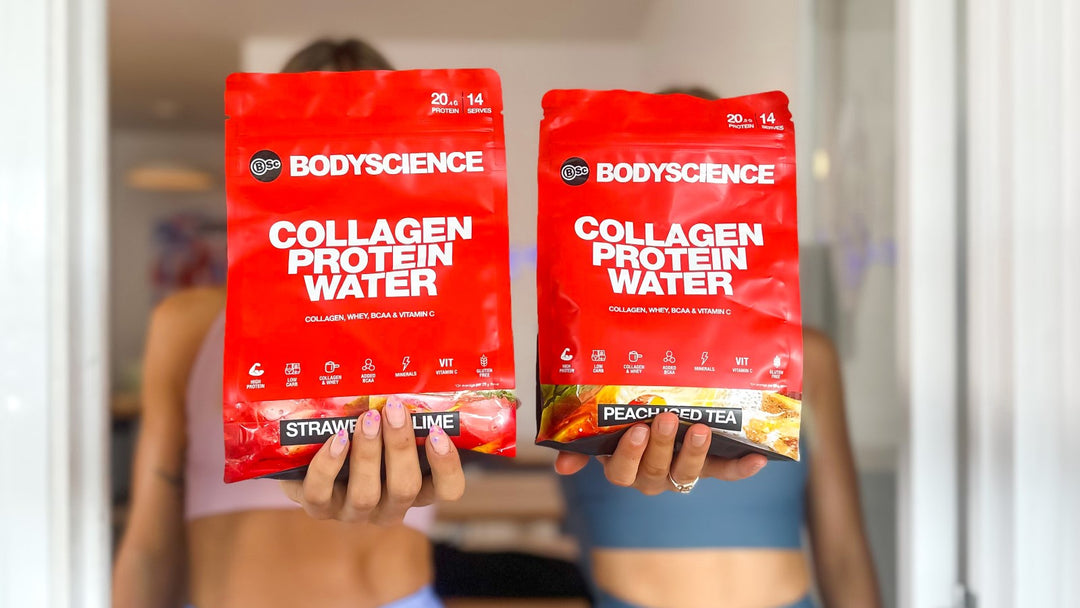Tatiana Marinho - Body Science Athlete
Practising Nutritionist | B.P.H. Nutrition | Master of Nutrition & Dietetics | Master of Public Health.
“A calorie is a calorie” is the idea that calories and calorie counting are the most important part of a diet. This idea forgets to consider the source of these calories, the nutrients a food contains, and the physiological effect this food and the nutrients may have. From all nutrition topics, this is the most persistent and, in my opinion, one of the most damaging.
The truth is that all calories have the same amount of energy, that is, one dietary calorie contains 4,18 Kilojoules of energy. In terms of macronutrients, 1g of protein, 1g of carbohydrate and 1g of fat contain 4, 4 and 9 calories, respectively.
So, in this sense, it seems like simple maths. However, when it comes to the human body, things are a lot more complex than that. Our physiological and biochemical processes differ greatly depending on the macro and micronutrients we consume.
The example below, shows how similar calories consumed in form of cookies can have completey different biochemical and physiological effects.
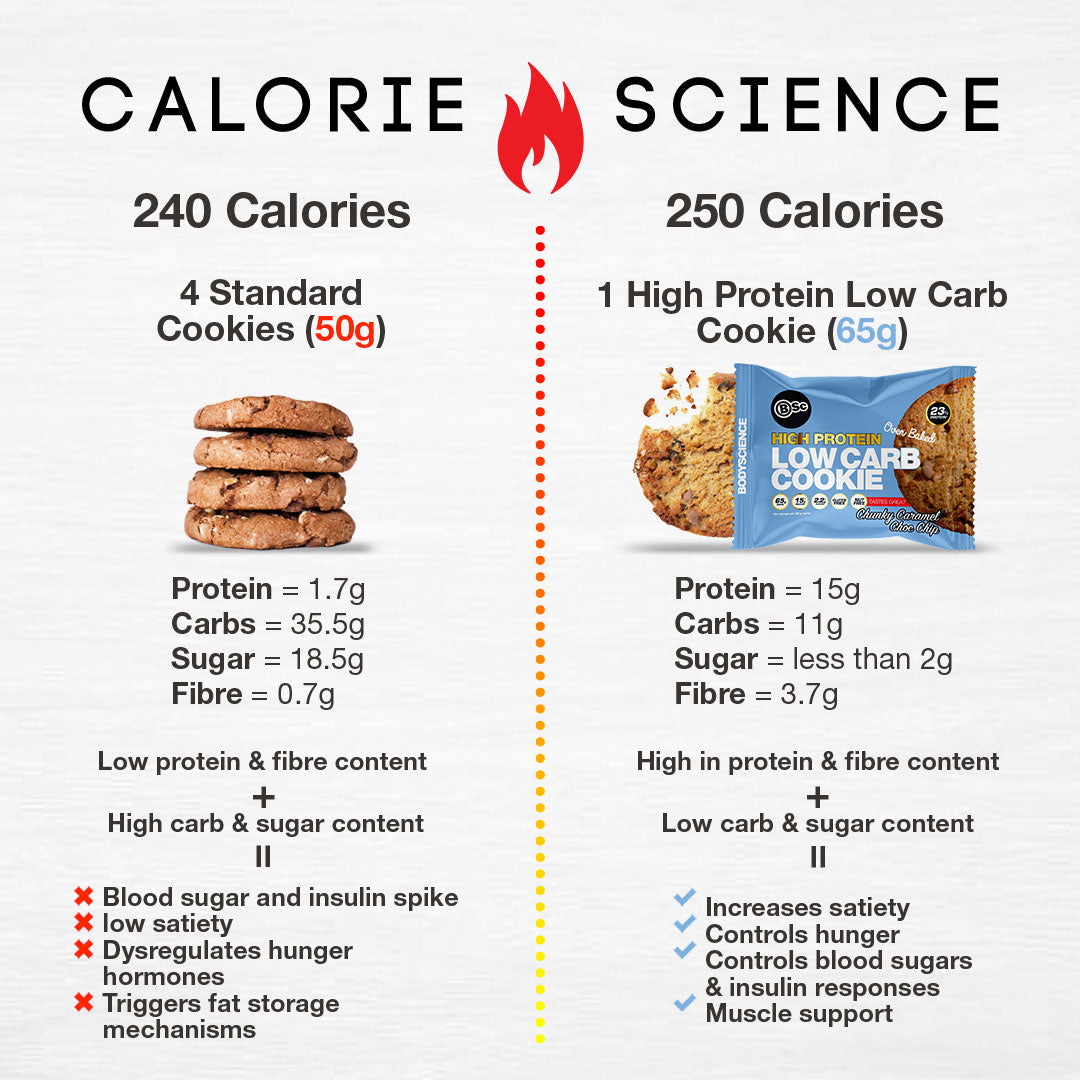
A few important points to consider
Thermic Effect of Food
This measures how much certain food increases energy expenditure to digest, absorb and metabolise nutrients.
Macronutrients thermic effect:
- Protein: 25-30%
- Carbs: 6-8%
- Fat: 2-3%
This will vary according to the source and the effect of other nutrients in the food, such as dietary fibres. However, as we can see, protein requires much more energy to be metabolised than carbs and fats.
Effects of nutrients on hormones and brain
Different foods have different effects on hormones and brain centres that control eating behaviours and hunger.
Simple sugars, for example, have been found to dysregulate the brain and hunger hormones. Therefore, simple sugars (such as fructose), may have the same number of calories per gram as other carbohydrates, but fail to stimulate satiety centres in the brain and can cause insulin resistance.
However, whole fruits, which are known to contain a lot of fructose, also contain dietary fibres and micronutrients that are important to regulate blood sugar and insulin levels. Therefore, consuming the same number of calories as an apple or as a glass of apple juice will have completely different physiological and biochemical effects.
Protein triggers satiety and makes you eat fewer calories.
As mentioned before, protein increases energy expenditure and, therefore, boosts metabolism. It has also been found that protein is by far the most filling macronutrient and leads to a significantly reduced appetite, which will lead to a reduced-calorie consumption.
Glycaemic Index (GI)
This is a measure of how quickly a meal can spike your blood sugar, and, therefore, insulin response. The shaper the spike, the quicker the insulin response will be to remove that sugar from the blood system. This quick response will trigger fat storage mechanisms, leading to weight gain. Furthermore, this quick response will lead to a quick “crash” by dropping blood sugar levels very quickly, which will realise hormones and send signals to your brain that will stimulate hunger again.
High-GI foods, such as refined sugars (such as high fructose syrup) and carbohydrates (such as white flour), will lead to a quick spike in blood sugar. Low-GI foods, such as complex carbohydrates, protein and fibre rich foods and whole foods, will help control blood sugar levels and stimulate satiety.
The bottom line is, different calorie sources can have quite different effects on hunger, hormones, energy expenditure and food intake. Therefore, calorie counting may be a simple way of taking control of your diet, however choosing quality foods is still the gold standard technique for weight loss, muscle maintenance and general wellbeing.
Choose:
- Whole Foods
- Foods rich in protein
- Foods rich in dietary fibre
- Nutrient dense foods (vegetables, fruits, wholegrains, legumes, and nuts)
Avoid:
- Refined carbohydrates (sugars, flour etc)



